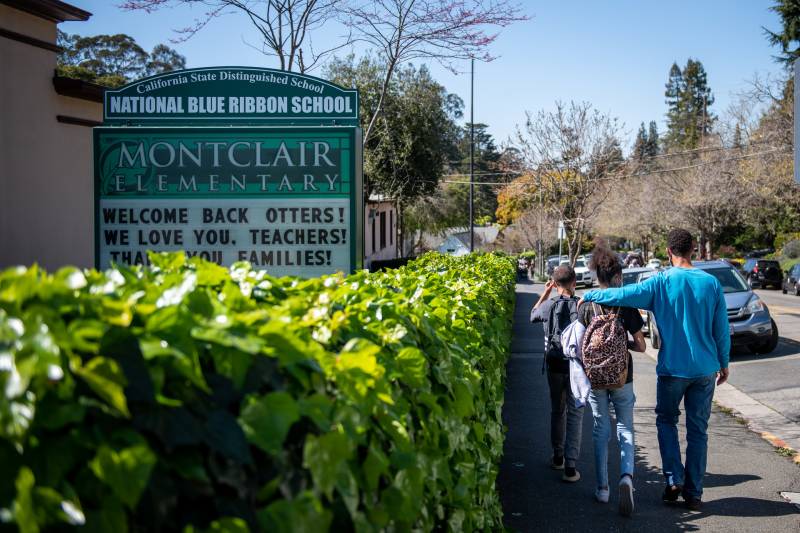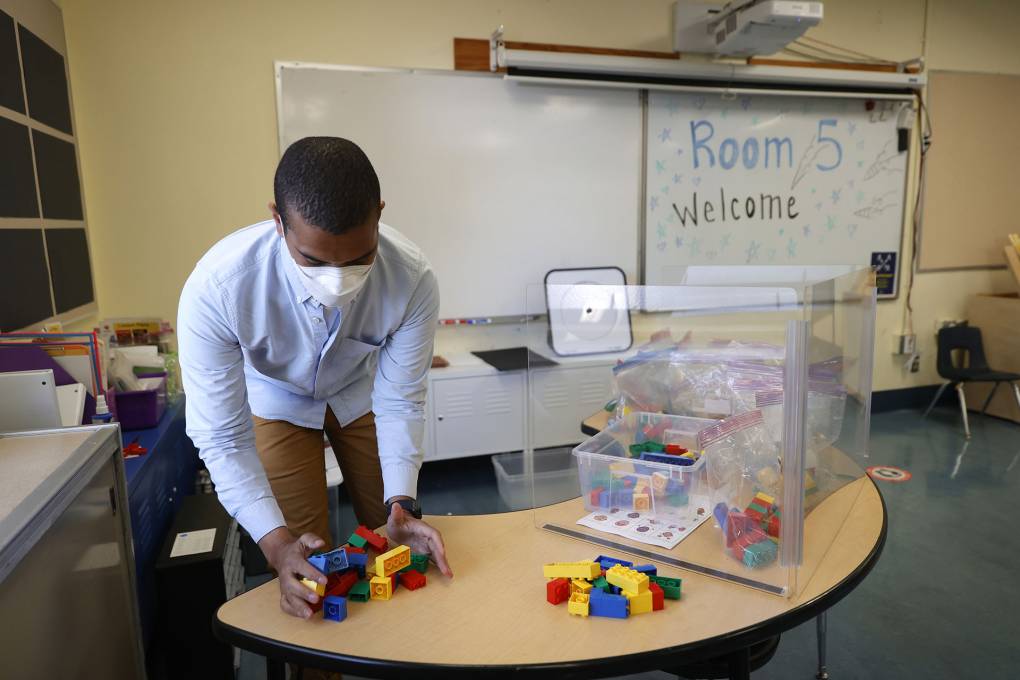In 2019, the union went on strike for seven days, demanding higher pay and improved conditions. Teachers settled for an 11% raise over four years. It conducted a one-day strike this year to oppose the district’s plan to close seven schools. Tense relations with the district’s unions, declining enrollment — a loss of 17,000 students over 20 years — and financial difficulties, which have dogged Oakland since the state provided a $100 million loan in 2003, have fostered strife and instability. When she was appointed superintendent in 2017, Johnson-Trammell, who grew up in Oakland and attended Oakland schools, became the sixth superintendent in nine years.
In a biting letter of resignation on her blog in May upon resigning from the school board, Shanthi Gonzales spread the blame. She cited the teachers union’s “refusal to engage on the issue of school quality,” general incivility in the district in handling disagreements and an easily distracted school board’s failure to focus on improving academics.
Arun Ramanathan, the CEO of Pivot Learning, a national school improvement nonprofit based in Oakland, agreed with Gonzales’ last point. Oakland is the home of an abundance of education nonprofits and foundations ready to fund new ideas. But the district’s focus must be on three things, he said: leadership, teaching and learning. “Ongoing instability bleeds into other areas, so the district turns to another initiative, whether social-emotional learning or community schools,” he said. “Oakland has one of the longest strategic plans, but it’s not focusing on the right stuff.”
OUSD should be constantly monitoring the number and distribution of long-term subs and the level of teacher absences, he said, as well as tracking, in a competitive market, the length of time between job interviews and job offers.




